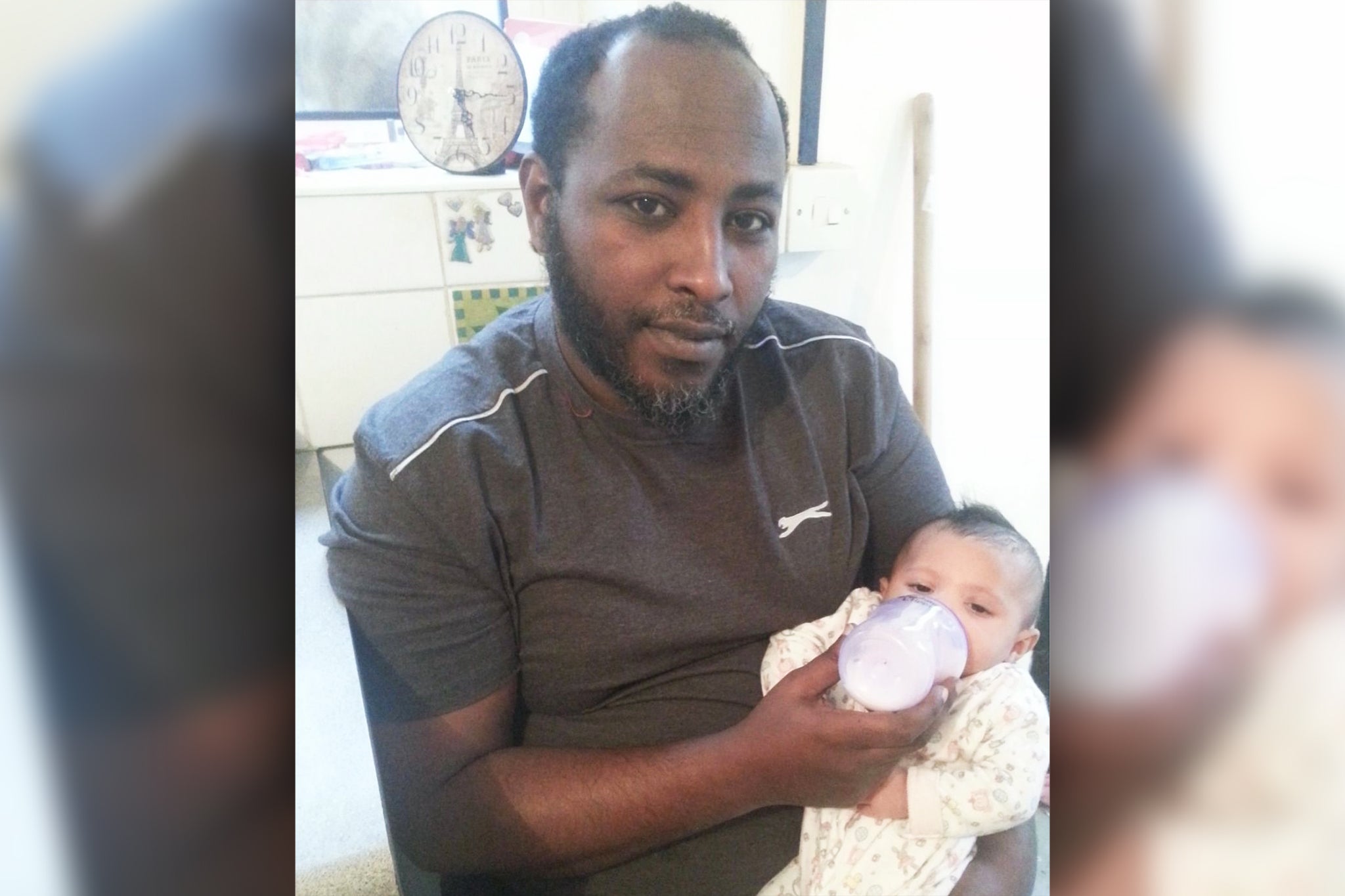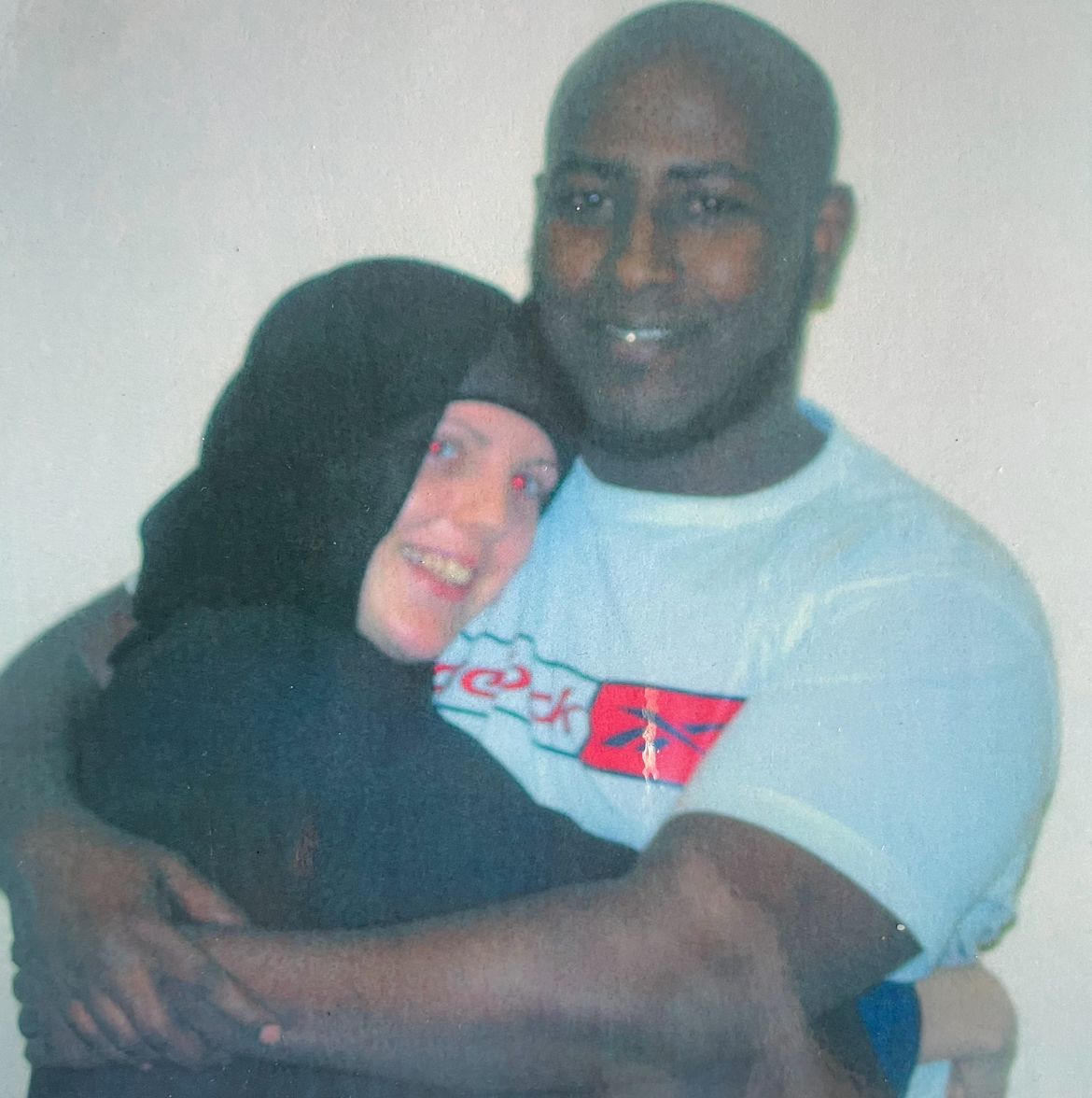Early release scheme a ‘slap in face’ to forgotten prisoners languishing on indefinite jail terms
Exclusive: Campaigners hit out at ‘missed opportunity’ to right wrongs of IPP sentence as inmates face heartbreak of watching other prisoners being freed early

The government’s decision to release thousands of prisoners after serving just 40 per cent of their sentence has been branded a “slap in the face” to thousands languishing on indefinite jail terms.
Those trapped under abolished imprisonment for public protection (IPP) sentences say they have been “forgotten” as they watch hundreds of prisoners celebrate being freed early to ease prison overcrowding.
Almost 3,000 people serving IPP sentences are not eligible for the government’s SDS40 early release scheme, which is expected to see 5,500 prisoners walk free by the end of October, despite more than 700 having served at least 10 years longer than their minimum tariff.
They include the father of three Abdullahi Suleman, who is still incarcerated almost 20 years after he was jailed for a laptop robbery.
Campaigners have hit out at the “missed opportunity” to right the wrongs of the IPP sentence as well as freeing up much-needed prison space. It is estimated releasing IPP prisoners would empty up to four entire prisons.

Suleman’s heartbroken wife Bernadette Emerson, from Cardiff, revealed her husband has been left devastated by the latest blow for IPP inmates.
She told The Independent: “It’s a slap in the face isn’t it really? It’s affecting IPPs and their families because there’s hope there that they could do something for IPPs and they are just not.
“Why can’t IPPs fall under the 40 per cent early release scheme? Their tariff ended years ago.
“I have had other IPPs messaging me saying they are suicidal because of this. It’s playing on their hope. He’s impacted by this because all he wants to do is come home to his family.”
The 41-year-old, who has been diagnosed with bipolar and post-traumatic stress disorder, was sentenced to a minimum of three years and 276 days for robbery aged 22.
But he is still languishing in prison 19 years later – despite having committed no further crimes – having been hauled back to jail four times after attending mental health care appointments was made part of his licence conditions.
In total, he has served nearly 15 years of the last 19 years in custody and is currently back in prison with little hope of being freed after missing an appointment.
“It’s barbaric. It really is unfair,” she added. “What’s upsetting me is the fact that I know this is going to have a mental impact on IPPs because they are going to see people being released early when their IPP sentence ended years ago. It’s playing further psychological games with IPP’s minds.
“We are really disappointed that the MoJ are letting IPPs down with this early release scheme. My partner is devastated and I can’t do anything. You just become the forgotten ones.”

IPP jail terms were introduced under New Labour in 2005 and saw offenders given a minimum tariff but no maximum. They were scrapped in 2012 over human rights concerns but not for people already detained – leaving almost 3,000 prisoners languishing in prison with no release date.
The sentences have been branded “psychological torture” by a UN human rights expert after at least 90 IPP prisoners have taken their own lives.
Other tragic injustices highlighted by The Independent, which is calling for all IPP prisoners to have their sentences reviewed, include Thomas White, who set himself alight after serving more than 12 years for stealing a mobile phone, and Yusuf Ali, who has twice starved himself in desperation after serving 16 years for a three-year minimum tariff.
A spokesperson for the United Group for Reform of IPP (UNGRIPP) said being excluded from the early release scheme was a “double blow” for unreleased IPP prisoners after they were also left out of a recent government overhaul of IPP licence periods.
“Obviously we are extremely disappointed that the IPP hasn’t been included or even considered in the scheme,” the spokesperson added.
“We know that this is also what people on the sentence are really feeling. People who are unreleased have not only not been considered in the changes to the licence period but also not in the early release scheme.
“Our message is really – what about them?”

Richard Garside, director at the Centre for Crime and Justice Studies, said the decision not to address the IPP injustice in the midst of a prison overcrowding crisis was a “massive missed opportunity”.
“Both on the grounds of justice and on pragmatism – it kind of seems like a no-brainer,” added Mr Garside, who is backing a private members bill for all IPP prisoners to be resentenced.
The government’s early release policy sees the proportion of sentences which some inmates must serve behind bars temporarily cut from 50 per cent to 40 per cent amid government warnings jails were being pushed to the “point of collapse”.
Criminals serving determinate prison sentences of less than four years, including violent offences, are among those eligible to be freed under the scheme – although sex offenders and terrorists are excluded.
Around 1,750 prisoners were freed early last week from jails across England and Wales – with many seen celebrating as they met friends and family at the prison gates.
A Ministry of Justice spokesperson said: “It is right that IPP sentences were abolished. The lord chancellor is committed to working with organisations and campaign groups to ensure the appropriate course of action is taken to support those still serving IPP sentences.”
